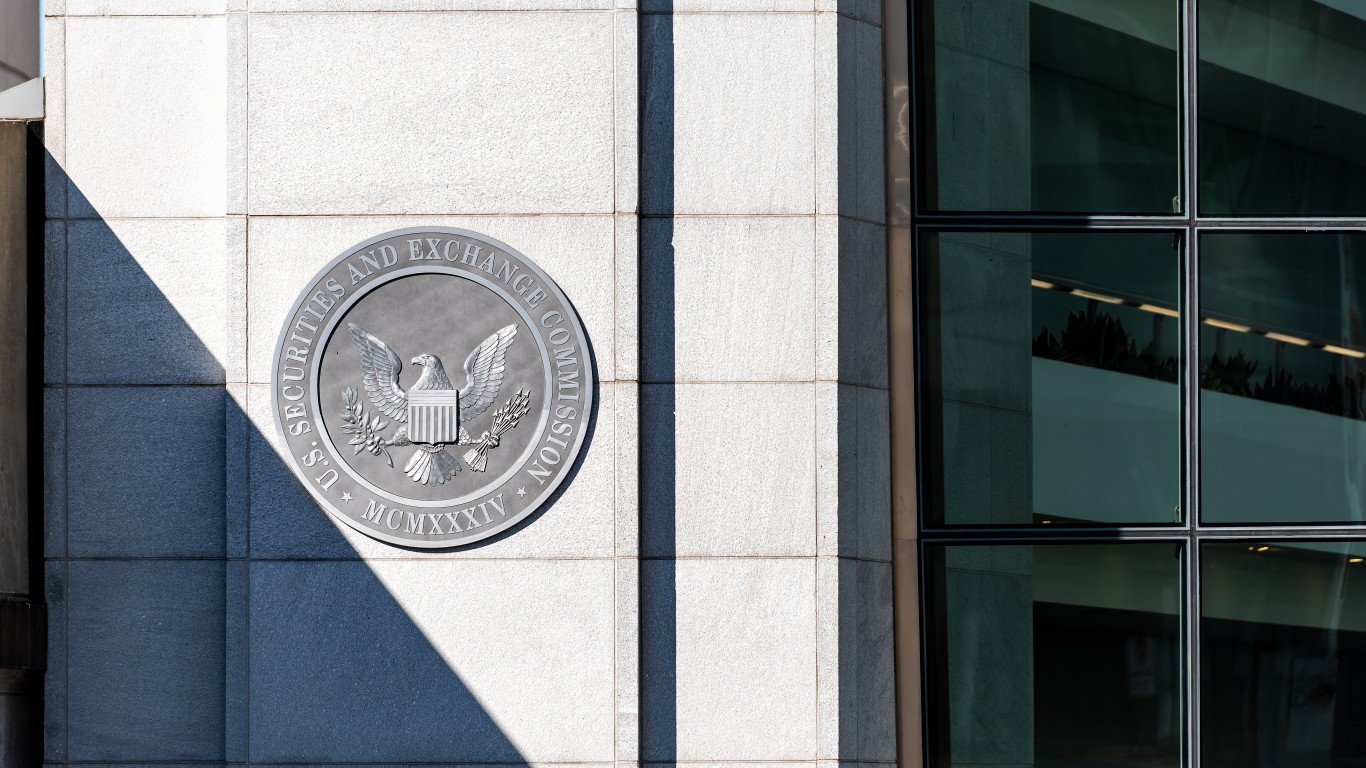

The U.S. Securities and Exchange Commission has classified FTT, the native token of the now-collapsed cryptocurrency exchange FTX, as a security in a recent complaint. The move has stirred up speculations about whether other similar tokens, including Binance’s BNB, could also be labeled as securities too.
The SEC Labels FTT a Security
In a complaint filed late Wednesday, the SEC argued that FTX’s exchange token FTT was sold as an investment contract, and thus it is a “security.” The regulatory watchdog noted that FTT benefitted from a rise in demand for trading on FTX, “such that any price increase in FTT would benefit holders of FTT equally and in direct proportion to their FTT holdings.” It added:
“The large allocation of tokens to FTX incentivized the FTX management team to take steps to attract more users onto the trading platform and, therefore, increase demand for, and increase the trading price of, the FTT token.”
The SEC highlighted that FTX used proceeds from the FTT sale to fund the development, marketing, business operations, and growth of FTX. “The FTT materials made clear that FTX’s core management team’s efforts would drive the growth and ultimate success of FTX,” the complaint read.
The agency also mentioned FTT’s “buy-and-burn” program, comparing it to a stock buyback where revenues from FTX would repurchase and burn FTT, thus increasing its value.
The SEC made the claims in a complaint filed against FTX co-founder Gary Wang and former Alameda Research CEO Caroline Ellison. The agency had previously charged Sam Bankman-Fried, the disgraced founder of FTX, with “orchestrating a scheme to defraud equity investors in FTX.”
As reported, Sam Bankman-Fried was arrested earlier this month in the Bahamas. At a hearing on Wednesday, a judge in the Bahamas approved SBF’s request to be extradited to the United States. The crypto boss reportedly landed at Westchester County Airport in New York on Wednesday night.
Implications for Other Exchange Tokens
The SEC’s recent ruling will undoubtedly have wide-ranging implications for similar tokens. Almost all crypto exchanges issue their tokens. Some of the more popular crypto platforms like Binance and OKX also have a “buy-and-burn” program, a mechanism the SEC has taken particular issue with.
Bloomberg reported back in June that the SEC is examining whether Binance’s initial coin offering of its BNB token back in 2017 was an unregistered security offering that should have been registered with the regulatory agency.
However, Binance CEO Changpeng “CZ” Zhao has claimed that “BNB is not a security” in response to SEC’s investigation. In a recent interview, he said the SEC regularly asks questions about Binance and its products, arguing that BNB is not analogous to FTX’s FTT token.
Notably, the world’s largest cryptocurrency exchange is also under investigation in the U.S. by the Justice Department, the Commodity Futures Trading Commission (CFTC), and the Internal Revenue Service.
Furthermore, the SEC is reportedly looking at market-making companies tied to CZ. The agency is investigating ownership stakes of market makers on Binance.US, the US arm of Binance, and whether the exchange has conducted broker-dealer activities.
Nevertheless, the prices for significant exchange tokens have not been hit hard despite the recent news. For instance, BNB is currently trading at $246.48, down by only 1.20% over the past day. OKX’s OKB, Crypto.com’s CRO, and Huobi’s HT are up by 0.12%, 1.08%, and 0.15%, respectively, over the past day.
This article originally appeared on The Tokenist
Take This Retirement Quiz To Get Matched With A Financial Advisor (Sponsored)
Take the quiz below to get matched with a financial advisor today.
Each advisor has been vetted by SmartAsset and is held to a fiduciary standard to act in your best interests.
Here’s how it works:
1. Answer SmartAsset advisor match quiz
2. Review your pre-screened matches at your leisure. Check out the
advisors’ profiles.
3. Speak with advisors at no cost to you. Have an introductory call on the phone or introduction in person and choose whom to work with in the future
Take the retirement quiz right here.
Thank you for reading! Have some feedback for us?
Contact the 24/7 Wall St. editorial team.



